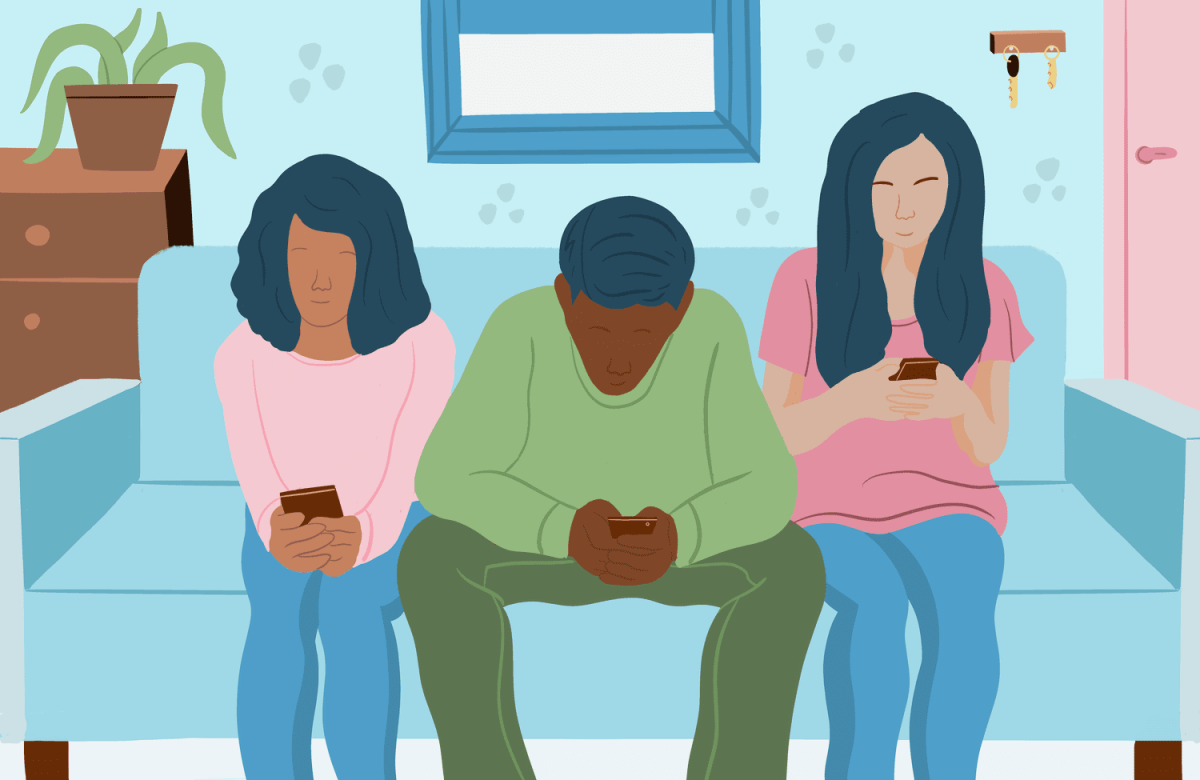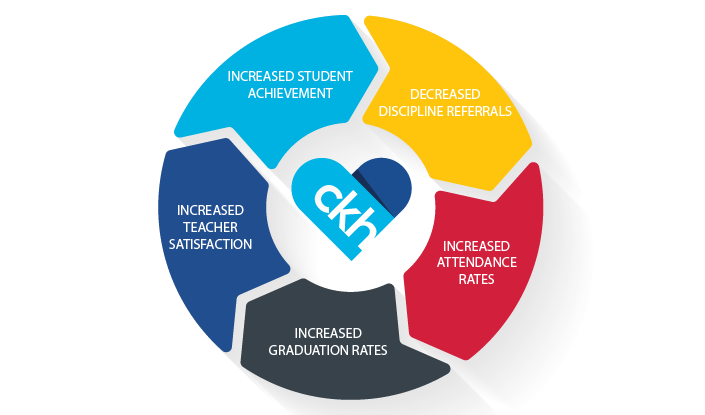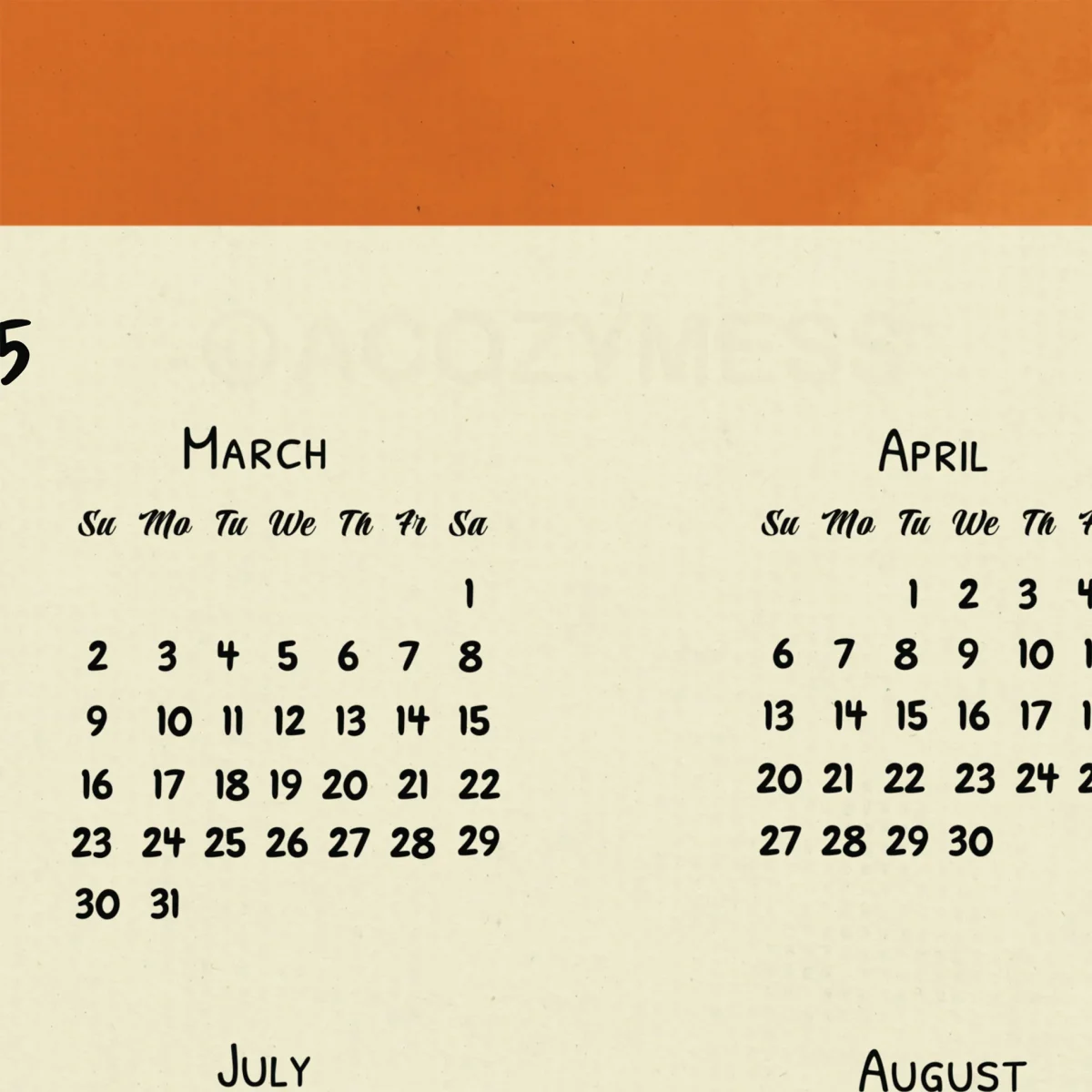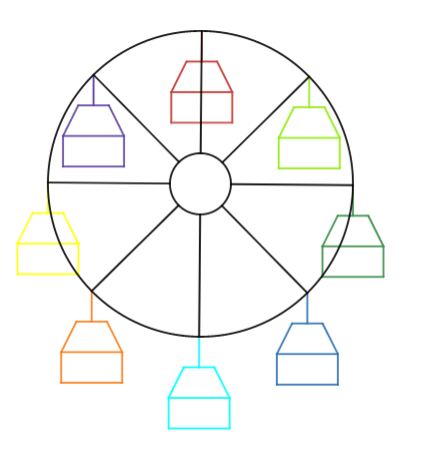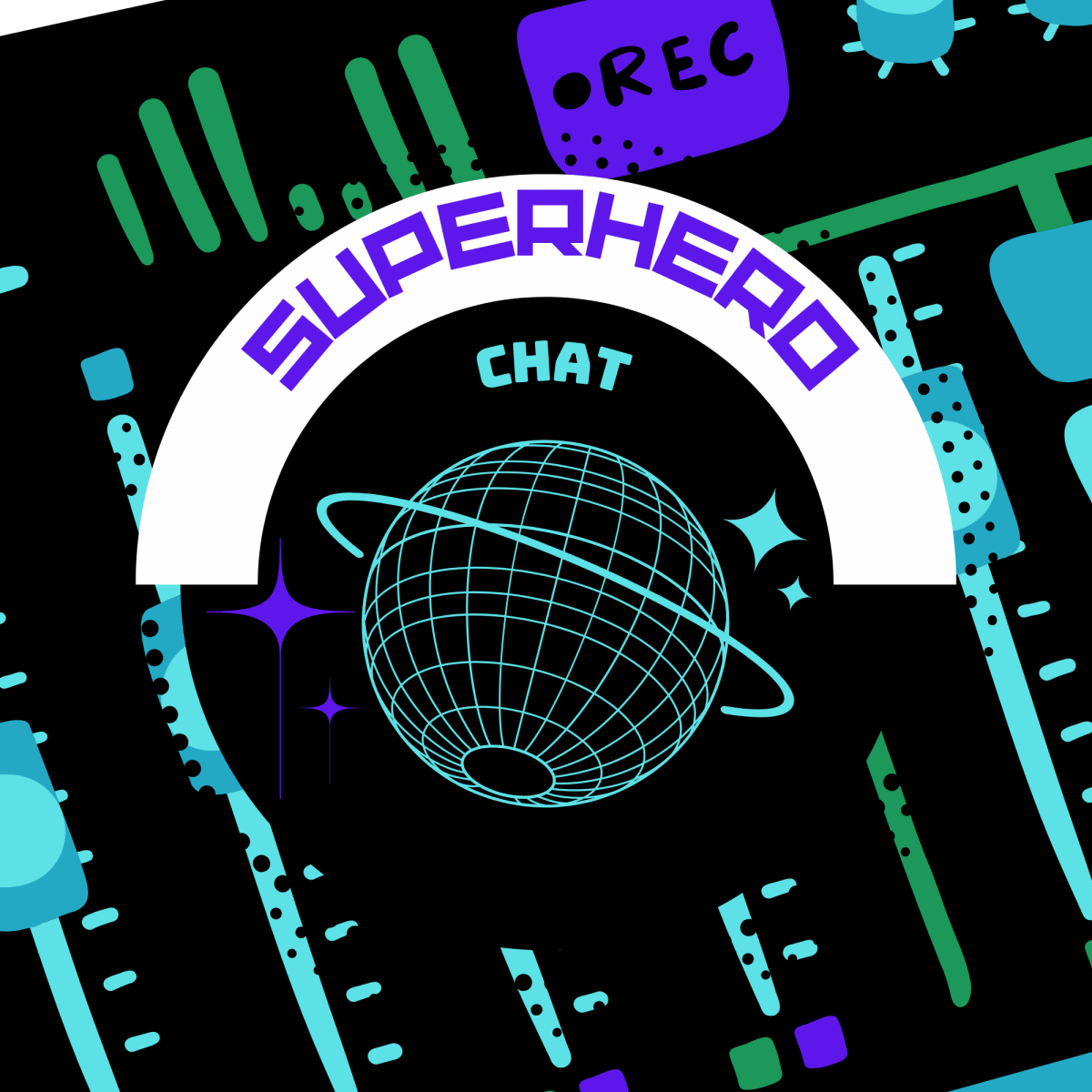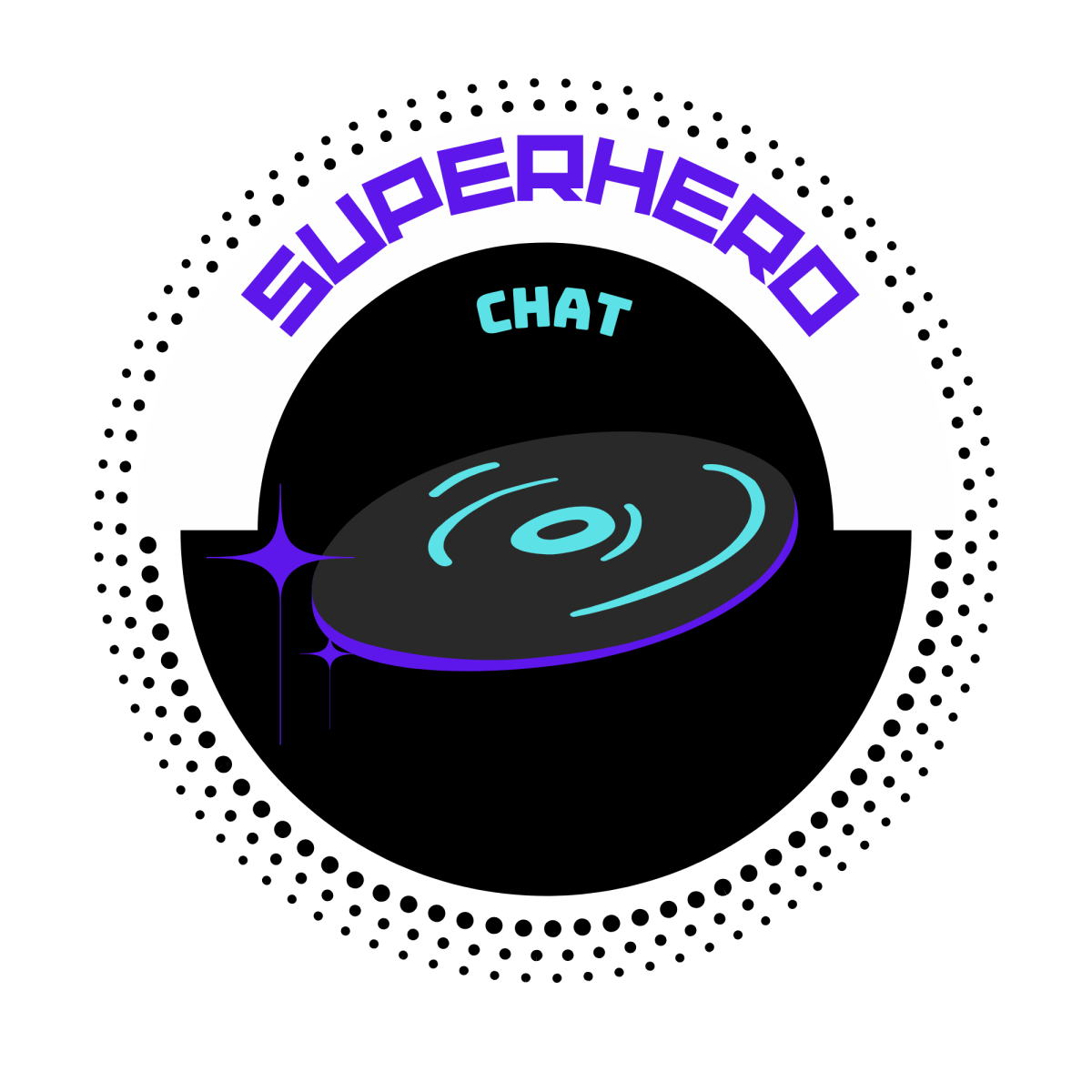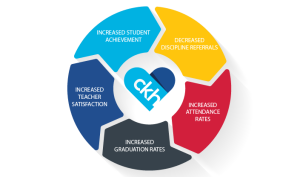Snooze: Do or Don’t

Image Courtesy of Wikimedia Commons
February 12, 2019
We can’t control what time we wake up. For us, school starts at 7:15am, so you’ll need to be on your feet before the sun fully rises. But we can control whether or not we press the snooze button.
How often do you press that button every morning? Once? Twice? Twenty times? As you may already know, this is not the best way to wake up in the morning.
Most of us have a bedtime starting around midnight, so it’s safe to say there aren’t many who come to school well-rested. When you’re tired, and you try to go back to sleep, your body actually starts to begin a new sleep cycle. If you haven’t been sleeping well, you’ll surely feel worse trying to get up in the beginning stages of sleep (Konnikova).
“I’ll sleep over it,” commented Hannah Hoffman of Legacy when asked why she doesn’t use the button. “It’ll just bug me even more.”
On top of that, if you’re repeatedly pressing that snooze button, you aren’t getting a continuous sleep. In the end, it would be beneficial to wake up to one alarm and sleep during the time you would usually be waking up every 5 minutes.
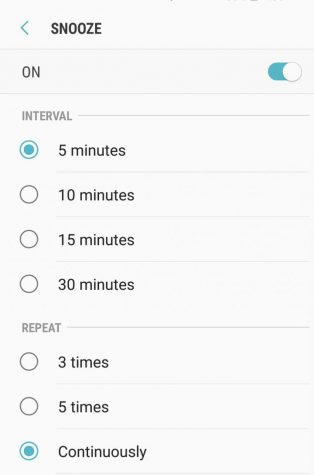 The good news is, there is one advantage to snoozing away the minutes. The process of waking up is gradual, but if you rush it, it will take longer to be fully awake. Sleep inertia, the period in time where you feel tired after waking up, affects the brain’s cognitive abilities for hours. By waking up suddenly and not giving your body enough time to adjust, you increase the amount of time where you will not be at your best (Balkin et al.).
The good news is, there is one advantage to snoozing away the minutes. The process of waking up is gradual, but if you rush it, it will take longer to be fully awake. Sleep inertia, the period in time where you feel tired after waking up, affects the brain’s cognitive abilities for hours. By waking up suddenly and not giving your body enough time to adjust, you increase the amount of time where you will not be at your best (Balkin et al.).
Despite the evidence on either side, personal opinions and situations may sway your choice in the morning. There are some other ways you can take to get yourself ready for the day like doing small exercises, but this can also cause some issues.
“I just don’t have the time to do that,” mentioned Julia Fleak, another student here at Legacy. Instead, Fleak turns to music throughout the day to keep her from falling asleep at school.
Hoffman has her own strategy as well, “I usually like to talk a lot. I just go sure I’m not falling asleep or getting bored at school.”
Although you may have more power over your morning than you think. Drink some water, stretch a bit, challenge your brain. Find what makes you the most productive person you can be. And maybe lay off of the snooze button for a while.
Works Cited
Balkin, T J, et al. “The Process of Awakening: a PET Study of Regional Brain Activity Patterns Mediating the Re- Establishment of Alertness and Consciousness.” Current Neurology and Neuroscience Reports., U.S. National Library of Medicine, Oct. 2002, www.ncbi.nlm.nih.gov/pubmed/12244087. Accessed 1 Feb. 2019.
Konnikova, Maria. “Snoozers Are, in Fact, Losers.” The New Yorker, 23 Oct. 2017, www.newyorker.com/tech/annals-of-technology/snoozers-are-in-fact-losers. Accessed 1 Feb. 2019.





